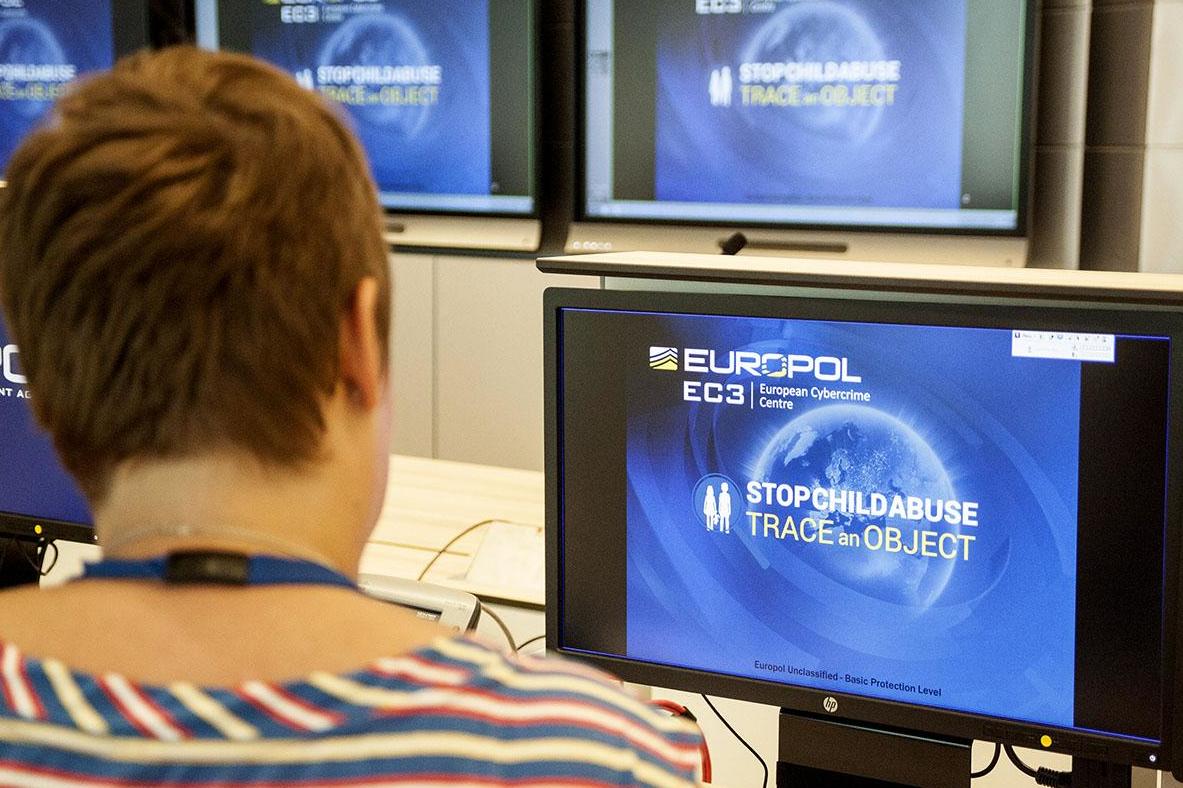A no-deal Brexit would seriously threaten our national security – by turning the UK into a safe haven for criminals
Through membership of Europol, we have real-time access to the database on criminals, gangsters and terrorists. Without a legal agreement already in place, after 30 March next year, that access will end


Your support helps us to tell the story
From reproductive rights to climate change to Big Tech, The Independent is on the ground when the story is developing. Whether it's investigating the financials of Elon Musk's pro-Trump PAC or producing our latest documentary, 'The A Word', which shines a light on the American women fighting for reproductive rights, we know how important it is to parse out the facts from the messaging.
At such a critical moment in US history, we need reporters on the ground. Your donation allows us to keep sending journalists to speak to both sides of the story.
The Independent is trusted by Americans across the entire political spectrum. And unlike many other quality news outlets, we choose not to lock Americans out of our reporting and analysis with paywalls. We believe quality journalism should be available to everyone, paid for by those who can afford it.
Your support makes all the difference.As we all know, the Tory Party is involved in savage internal warfare. But they are so caught up in fighting each other that no progress is being made on a series of important policy issues which will be affected by Brexit. And the most important of those non-trade related issues is security.
Maybe Theresa May thinks that we can scramble to make amends in the transitional period – however long that it is going last. But we cannot risk a breach or rupture in our security arrangements, which currently depend on being part of the European Union. As Lynne Owens, head of the National Crime Agency, has just warned, there would be dire consequences for the fight against crime and terrorism.
It would be unthinkable that, when we exit the EU, we lose access to a series of security databases. These include the Schengen Information System, an important database of criminals and terror suspects, the European Criminal Records Information System and the passenger name record database.
There is also the question of continued cooperation with Europol and retaining the mutual benefits of the European Arrest Warrant. But as the Home Affairs Select Committee said in its report on UK-EU security cooperation after Brexit: “We are not convinced that the government has a clear strategy to prevent the unthinkable from becoming a reality, and we have serious concerns about its apparent lack of investment and interest in contingency planning.”
The Labour Party has six tests that the Brexit deal must meet to be approved from our side. The fifth one is: “Does the deal protect national security and our capacity to tackle cross-border crime?”
In my speech in Brussels last week, I set out some of the detail of what that would mean.
Currently, there is a plethora of arrangements, instruments, agreements and directives in the field of security, justice and cooperation. Through membership of Europol, the British police and their European counterparts have real-time access to a database on criminals, gangsters and terrorists. Without a legal agreement already in place, after 30 March next year, that access will end.
Similarly, a European Arrest Warrant allows us to issue warrants across the European Union. Victims of domestic violence, overwhelmingly women, benefit from European protection orders. And there is now a growing body of EU-wide regulation preventing money-laundering and tax evasion.
It is crucial to remember the corrosive effects of these increasingly international crimes and the effects on their victims. We cannot tolerate a situation where domestic abusers are free to resume their abuse by following their victims across the EU. We need to interdict the gangsters, people traffickers, drug smugglers and terrorists who increasingly operate across borders. Under no circumstances can we allow our country to become a safe haven for fugitives fleeing justice from the remaining 27 EU member states, and Europe surely does not want to host our criminals either.
These are major concerns affecting all our communities. But during my trip to Brussels, the most worrying aspect of my discussions with experts, MEPs and the commission is that there is a clear lack of engagement from British ministers on these issues.
This is simply not acceptable. The first duty of any government is its commitment to protecting our citizens. This chaotic and shambolic government is derelict in this duty. As a matter of urgency, both the EU and the British government need to engage on these matters and arrive at workable solutions. The safety and security of British citizens should not be the victim of deepening chaos around Brexit.
Diane Abbott is the shadow home secretary and Labour MP for Hackney North and Stoke Newington
Join our commenting forum
Join thought-provoking conversations, follow other Independent readers and see their replies
Comments